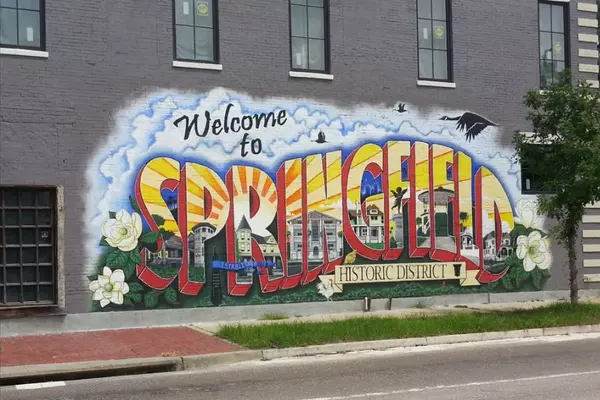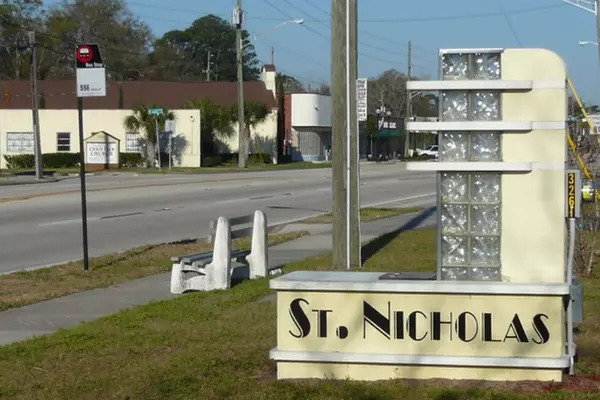Martin Luther King Day and a Local Legacy

Martin Luther King Day and a Local Legacy
January 20th marks our nation’s 30th celebration of Martin Luther King Day. A day to honor one of our country’s heroes. One way to celebrate locally is at a breakfast at the Prime Osborn Convention Center downtown at 7 AM. It will be hosted by Dawn Lopez of Action News Jax and will feature Jonathan Eig as a keynote speaker. And in St. Augustine, you can attend a celebration breakfast at the Renaissance downtown at 7:30 AM. The St. Augustine breakfast will be followed by the annual silent march beginning at 9 AM at 87 MLK Avenue and continuing to the Plaza de la Constitucion.
Dr. King and his followers are known for the success of the civil rights movement all over our country, but do you know the local story of Dr. King in St. Augustine and why the march mentioned above matters to us locally?
In the spring of 1964, as St. Augustine prepared to celebrate its 400th anniversary, Martin Luther King, Jr., and the Southern Christian Leadership Conference (SCLC) launched a campaign supporting a small local movement to end racial discrimination in the nation’s oldest city. Dr. King hoped that demonstrations there would lead to local desegregation and that the media attention would garner national support for the Civil Rights Act of 1964.
King visited St. Augustine for the first time on 18 May 1964. Speaking at a Baptist church on 27 May, he told the congregation that segregation would soon be over in St. Augustine “because trouble don’t last always” (King, 27 May 1964). In the early morning of 29 May, however, the house the SCLC rented for him in St. Augustine was sprayed by gunfire. More opposition and violence ensued, but the King party stayed. On 11 June, the day after the Senate finally voted to end the filibuster of the Civil Rights Act, Dr. King and several members of his party were arrested when they requested service at a segregated restaurant. Throughout June, the SCLC led evening marches to the Old Slave Market, often facing counter-demonstrations by the Ku Klux Klan, and provoking violence that garnered national media attention.
As the Senate debated the Civil Rights Act, SCLC lawyers began to win court victories in St. Augustine. Judge Bryan Simpson continually ruled in favor of civil rights activists and encouraged SCLC to bring cases against the Ku Klux Klan and other supremacist organizations. On 30 June, 1964 Florida Governor C. Farris Bryant announced the formation of a biracial committee to restore interracial communication in St. Augustine. Although matters were not completely resolved, SCLC leaders left St. Augustine on 1 July, the day before President Johnson signed the Civil Rights Act into law.
Despite this national success, Black residents in St. Augustine continued to face violence and intimidation. Threats and picketing by the Klan led many of the town’s businesses to remain segregated. Although SCLC continued to provide some financial support to activists in St. Augustine beyond July 1964, the organization never returned to the city. King observed that St. Augustine had been made to “bear the cross,” suffering violence and brutality that helped prompt Congress to pass the Civil Rights Act of 1964.
While this is not an easy story to read, many in our country believe that the events in St. Augustine of that year where the defining moments for the Civil Rights Act.
Today, St. Augustine is a diverse and prosperous city. The old Slave Market stands as a monument in the center of the historic district. The Lincolnville Historic District is a neighborhood located on a peninsula west of downtown St. Augustine and is known for its Victorian architecture. It was originally called "Africa" and was the site of many of the demonstrations that led to the Civil Rights Act. The Lincolnville Museum and Cultural Center tells the story of the Black community and offers insight into the historic events of this beautiful city. You can also download the St. Augustine Black History app and view a media gallery and other content about the history of the Black community in St. Augustine.
However you celebrate this national holiday, take a moment to remember that our favorite “oldest city” played a pivotal role in this seminal movement in the United States. In the immortal words of Dr. King: "The time is always right to do what is right".
Categories
Recent Posts










